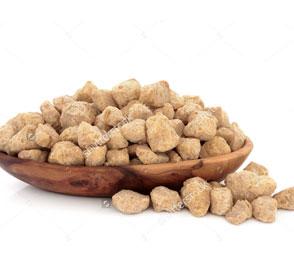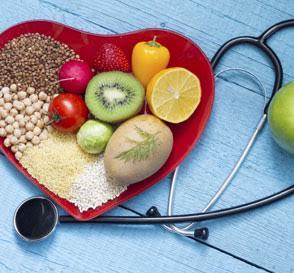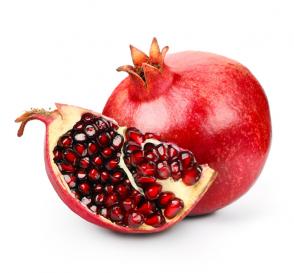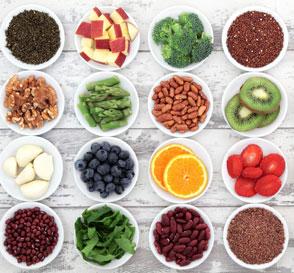

Leave your details below and we'll get back to you!
*All fields are mandatory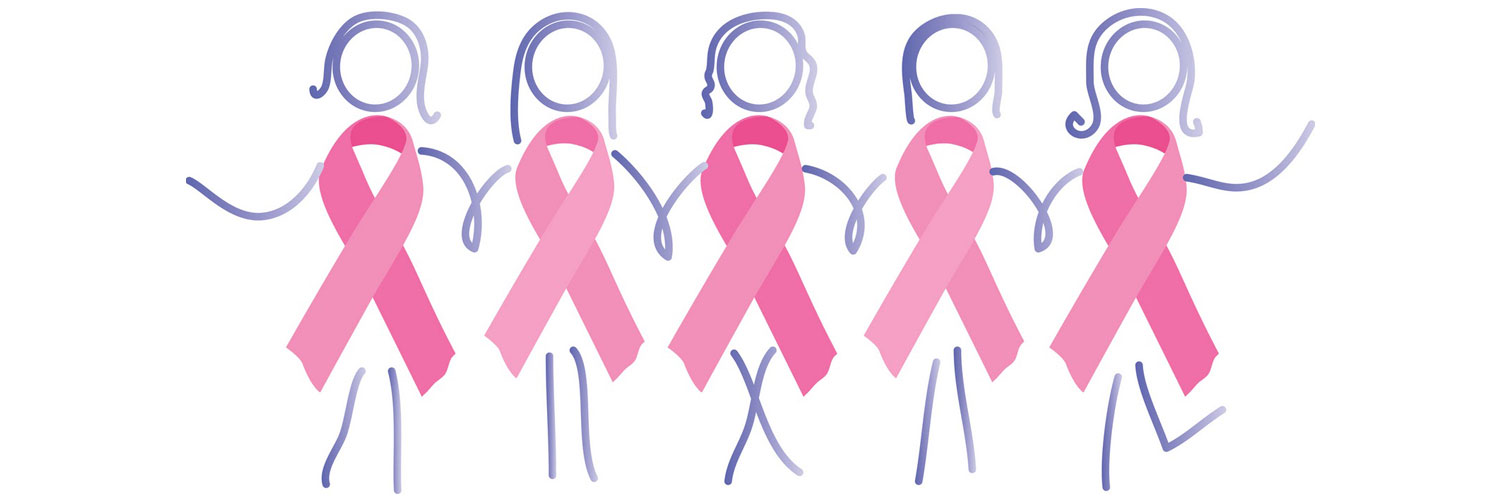
Breast Cancer & Soya Diet
during PMS
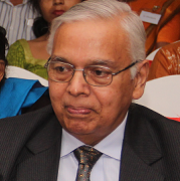
By Dr. Jagdish Pai
Dietician / Nutritionist, Mahalakshmi, Bhulabhai Desai Road
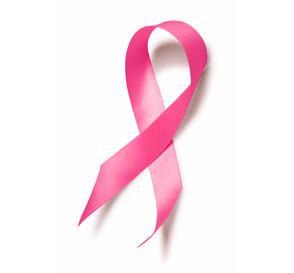
Soya products including soya oil, soya milk and many high protein products like soya chunks and granules have appeared in Indian markets in the last couple of decades. Soya products have been consumed in Japan, China and other South East Asian countries for centuries and have been investigated for its health benefits globally. It is now produced in largest amounts in the US and is consumed in different countries for their health benefits.
One of the several health advantages is in post-menopausal syndrome with its isoflavones effectively giving relief from hot flashes etc. Some of the other benefits of soya products have been in reducing risk of heart disease and osteoporosis, in weight management besides being of high quality protein and dietary fibre. Over the last two decades studies have investigated to find out the beneficial effect on breast cancer among women. Some concern was expressed due to a rat study showing isoflavone promoting growth of tumor, but it has been amply shown that metabolic systems are different in rats and humans with respect to isoflavones which in fact are beneficial to human health.
High soya intake among Asian women especially in Japan and China is associated with protection against breast cancer especially early in life, although soya foods have little effect on intermediary markers of breast cancer risk. When soya foods containing isoflavones are consumed in premenopausal they reduce the risk of breast cancer. A recent study showed that consumption during 5 to 11 years was more effective than during teenage years in reducing risk of breast cancer. Consumption of soya foods during postmenopausal age may not be very beneficial.
The question is whether soya foods have any effect on breast cancer patients. One study with mice in which ovaries were removed showed that isoflavone exposure stimulates growth of existing tumours. As stated above these mice metabolise soya bean constituents differently than humans and also not all studies show this phenomenon. Human studies are supportive of the safety and potential benefit of soya food consumption by breast cancer patients.
Several studies have tried to find out the effect of soya isoflavones on breast cancer proliferation. None of the studies found an increase in cell proliferation in response to isoflavones relative to placebo. In fact it was found that soy consumption tended to reduce recurrence of breast cancer. This effect was more in those using tamoxifen, medication used to prevent or treat breast cancer. American Institute for Cancer Research and American Cancer Society have stated that soya foods are safe for breast cancer patients.
It has been shown that genistein, one of the isoflavones in soy is effective in reducing the risk of cancer. Genistein supposedly blocks cancer development by preventing tumours from creating blood vessels that would provide nourishment for growth. One serving per day containing about 30 to 40 mg of isoflavones seems to be effective. Investigators from University of Arkansas have shown peptides derived from soya bean meals significantly inhibited cell growth of colon, liver and lung cancer in experiments with human cell lines.
Beneficial effects of soya beans in breast cancer patients are seen more in postmenopausal women although it is effective in all. Thus it can be said that soya beans not only reduces the risk of breast cancer but also is effective in breast cancer treatment.

Popular Articles
Related Articles











